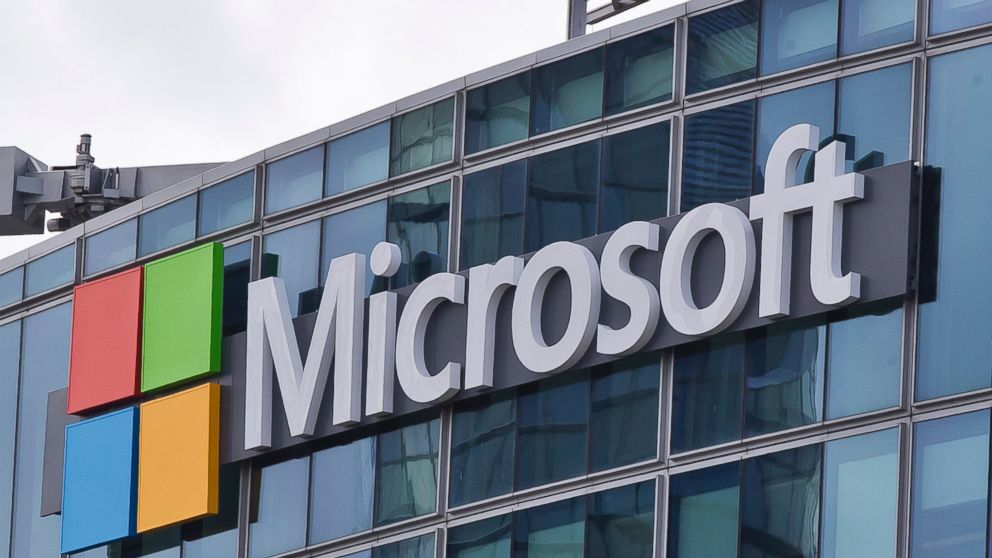Nokia Poised for a Comeback After Microsoft Sells Part of Its Phone Business
Microsoft unloaded part of its phone business, including Nokia, for $350M.

— -- Nokia, the Finnish mobile phone company that had an early toehold on the mobile market before the advent of smartphones, could be poised for a comeback after Microsoft announced today it is selling a part of its phone business, which includes licensing of the Nokia brand, for $350 million.
Microsoft is selling its "entry-level feature phone assets," including brands, software and services, customer contracts and supply agreements to FIH Mobile, a subsidiary of Chinese manufacturer Foxconn, and HMD Global, a company based in Finland, according to an announcement on the company's website.
"Feature phones" are basic phones that focus on text and voice calling as opposed to smartphones that have expanded capabilities.
"We will be completely focused on creating a unified range of Nokia-branded mobile phones and tablets, which we know will resonate with consumers. Branding has become a critical differentiator in mobile phones, which is why our business model is centered on the unique asset of the Nokia brand and our extensive experience in sales and marketing," Arto Nummela, CEO-designate at HMD said in a statement today.The deal is expected to close in the second half of 2016 and will include the transfer of as many as 4,500 employees to both companies, the announcement said.
Nummela, a former Nokia executive, said HMD will create a new smartphone and tablet line-up that will run on Android, "uniting one of the world's iconic mobile brands with the leading mobile operating system and app development community."
Microsoft closed its more than $7 billion acquisition of Nokia in 2014 and has produced low-end handsets geared toward emerging markets. However, the deal never seemed to provide the much-needed fuel for Microsoft to catch market Apple and Google, who both lead the market with their iOS and Android devices.
"It appears Microsoft is washing the slate clean and starting over in smartphone devices with a focus on Surface devices and that includes phones. Microsoft obviously didn’t want the manufacturing capability and weren’t prepared to keep investing in it," Patrick Moorhead, an analyst at Moor Insights & Strategy, told ABC News.
With today's announcement, Microsoft also hinted at the future of its Lumia devices, noting that it would continue to support them. But the statement stopped short of mentioning whether Microsoft would build mobile devices.
"Microsoft will continue to develop Windows 10 Mobile and support Lumia phones such as the Lumia 650, Lumia 950 and Lumia 950 XL, and phones from OEM partners like Acer, Alcatel, HP, Trinity and VAIO," the announcement said.
Moorhead said he expects Microsoft will still continue to innovate when it comes to mobile.
"I see them bringing more applications and services to iOS and Android," he said. "On the device side, I expect for a very high-end Surface phone to emerge in 2017 based on a strategy that their convertible products, Surface Pro and Surface Book, have taken."



